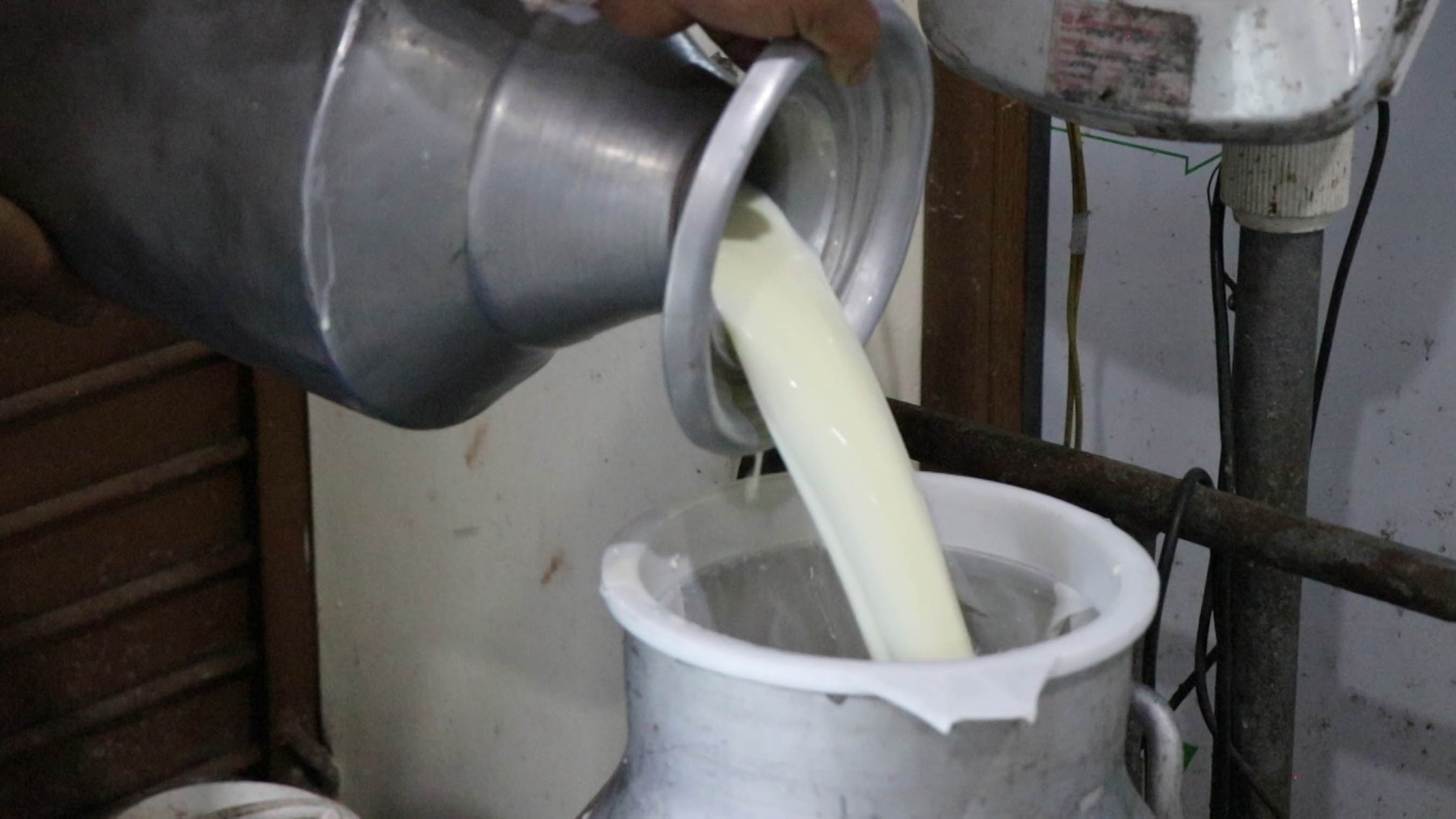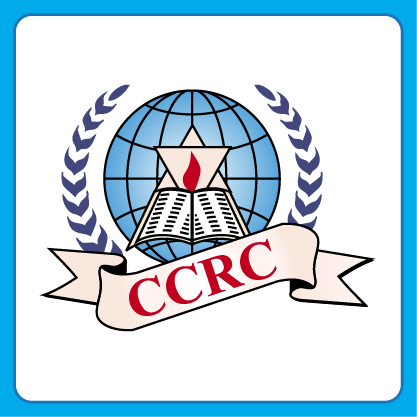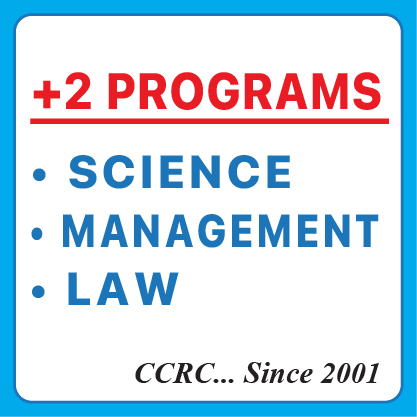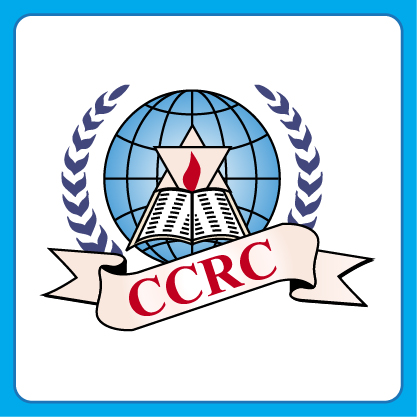Is social media harmful to the health of teenagers?
We use Google Cloud Translation Services. Google requires we provide the following disclaimer relating to use of this service:
This service may contain translations powered by Google. Google disclaims all warranties related to the translations, expressed or implied, including any warranties of accuracy, reliability, and any implied warranties of merchantability, fitness for a particular purpose, and noninfringement.


For people of every age, gender, community, language and country, some form of social networking has now evolved as an indispensable necessity. Social media in the form it has developed seems to be expanding its reach in the society every day. Along with this, both the positive and negative effects of social media on society are being debated and discussed intensively all over the world. Nepal is not immune from this.



Dr. Surgeon General, who is seen as the parent of physicians in the United States recently. The debate has entered a new angle with Vivek Murthy proposing that social media use can harm the mental health of teenagers and that parents should be aware of it and warn parents. He has demanded that the warning labels placed on tobacco and alcohol products that are 'harmful to health' should also be placed on social media.
Although this decision can be made by the top health officials of the United States, it must be approved by the parliament there. The proposal follows years of warnings from the Surgeon General. In a May 2023 recommendation, he said parents should immediately set limits on children's phone use. He also urged the US Congress to urgently develop health and safety standards for social networks.
Even though adults have the ability to decide what is right or not, his argument cannot be completely denied that the development of technology targeted at teenagers by big social networks has led them to the network. Due to this, the mental health of children and adolescents is being seriously affected by the argument of its proponents.
Researchers are hotly debating whether or not the use of social media has created a crisis in the mental health of children and adolescents. In his new book 'The Anxious Generation', social psychologist Jonathan Head claims that the increasing use of smartphones has led to a sharp increase in suicidal behavior and depression among teenagers. According to a survey of 1,500 American teenagers last year, they are spending an average of 4.8 hours per day on social networks such as YouTube, TikTok and Instagram. This type of use of social media has done more harm than good to teenagers. Therefore, experts argue that it is time to discourage its use in teenagers.
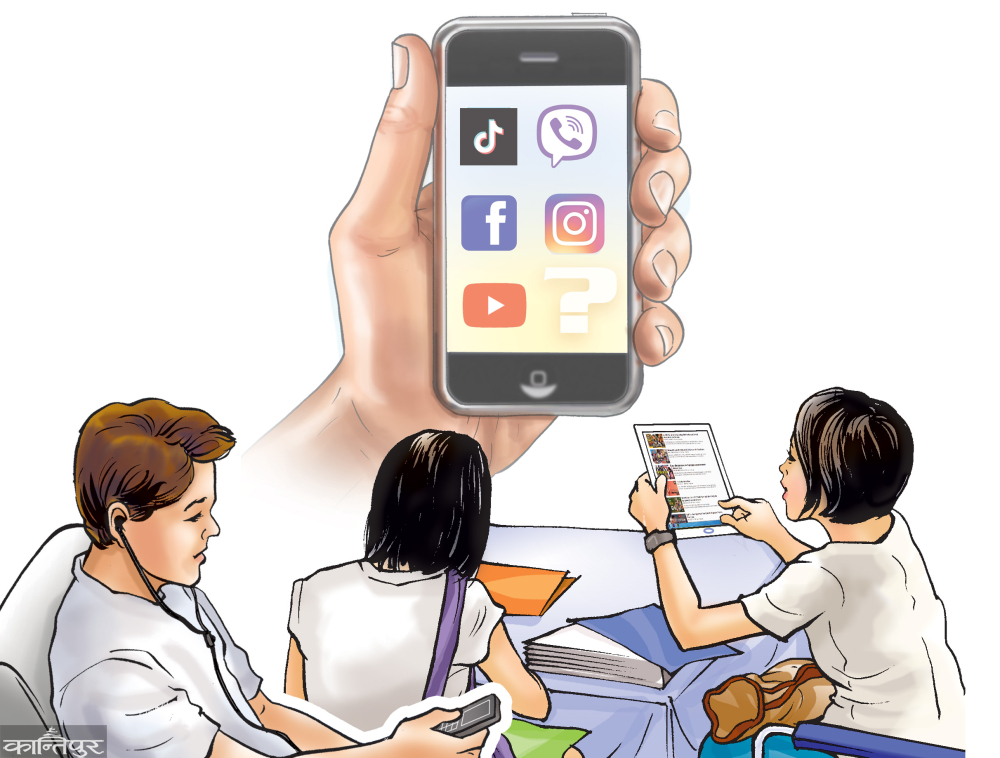 As claimed in a research article published in the world-famous scientific journal JAMA Psychiatry, it has been found that adolescents who spend more than three hours a day on social media have increased mental health problems. Similarly, according to a survey conducted in 2022 by Boston Children's Digital Wellness Lab, established in collaboration with Boston Children's Hospital and Harvard Medical School Teaching Hospital, it was found that more than 90 percent of American teenagers are connected to some kind of social network. 31.3 percent of those who participated in the
As claimed in a research article published in the world-famous scientific journal JAMA Psychiatry, it has been found that adolescents who spend more than three hours a day on social media have increased mental health problems. Similarly, according to a survey conducted in 2022 by Boston Children's Digital Wellness Lab, established in collaboration with Boston Children's Hospital and Harvard Medical School Teaching Hospital, it was found that more than 90 percent of American teenagers are connected to some kind of social network. 31.3 percent of those who participated in the
survey felt that their studies had deteriorated due to excessive use of social media. Even more serious, 46 percent had stopped liking their bodies because of social media. In addition, 47 percent had eye problems, 49.9 percent had headache problems, 52.1 percent had back or neck pain problems, and 57.1 percent had fatigue problems.
Although the lab's research director Dr. According to David Bickham, some researches and studies have shown that digital technology is harmful to the mental health of teenagers, but it is not that great. He argues that the time has not yet come for policy changes to be made based on those studies. "Although half of the participants in the survey said that they had mental problems or stopped liking their bodies, half also said that their relationships with friends have improved," he said on LinkedIn, "so there should be no rush to reach any results." Doing so will help to create a multifaceted approach in the future to prevent the problems seen in the mental health of adolescents.
However, Surgeon General Dr. According to Vivek Murthy, it should be understood as a warning sign for teenagers to express that they are spending a lot of time on social media but are unable to get out of it. 'One of the most important lessons I learned in medical school is that in an emergency, you don't have the luxury of waiting for complete information,' he said, 'you assess the facts available, you use your best judgment and you act quickly.' He also called on the big companies that operate social networks to make public the data on the health effects of their use of the network. He said that if big companies publish such data, security audits can be conducted independently. Apart from this, he also asked the social network to stop features such as push notifications, autoplay and endless scrolling to be sent to users from time to time. According to him, it has a bad effect on the developing child's brain and encourages overuse. Dr. According to Murthy, he is very disappointed because the social media operators did not listen to him.
dr. As Murthy argues, even though there are warnings on social media, what is social media is itself a complicated issue. Facebook, Instagram, Snapchat, and TikTok, as we are now discussing superficially, are also using social media components, as are many other sites and technologies that appear online. If the US Parliament is serious about the need for social media to carry warnings and advance the bill, then users will continue to see the warning that 'using social media is harmful to mental health'.
But are teenagers completely safe online? This also raises another serious question. And the answer to this is simple - "doesn't". Dr. Dr. Although Murthy's argument brings the debate to the fore, the issue of a complete solution remains a complex one. On the one hand, there is the question of children's safety and health, and on the other hand, there is the question of how to guide the development of technology. The New York Times has mentioned the fact that the operators of the world's largest networks like Meta have developed technology focusing on how to tie teenagers to Facebook, Instagram or WhatsApp for more time, considering their business interests as paramount. Metta's technical changes, focusing on teenagers, have shown an increase in the number of users of its platform. The
has further proven the need for studies and research on the effects of online platforms on children and teenagers when large companies like Meta focus on business. However, just as warnings published on cigarettes or alcohol do not discourage more users from using them, so do warnings on social media. The problem is not solved in appearance. On the contrary, stakeholders argue that it may create an environment where big companies like Meta can shirk their responsibilities by publishing warnings. Some studies have confirmed that excessive use of social media not only affects teenagers, but adults as well. Research from various angles is necessary to protect not only children and adolescents but also adults from the harmful effects of online and social media.
Many countries around the world have started making various laws to protect personal privacy on social media. Now from the point of view of health, efforts should be started to make social media a part of society. It is Dr. The demand for the statue's warning message has brought it to the surface, but in what direction it will go remains to be seen.
In particular, the control and regulatory laws and policies that are being made to secure the use of technology in America or Europe have also made a country like Nepal hesitate. However, in the developing countries of Asia or Africa like Nepal, there is also the fear of interfering with the freedom of expression in the name of making the online platform safe.
(with the help of agencies)
 प्रकाशित : असार १४, २०८१ ०६:४२
प्रकाशित : असार १४, २०८१ ०६:४२

 २३.१२°C काठमाडौं
२३.१२°C काठमाडौं











